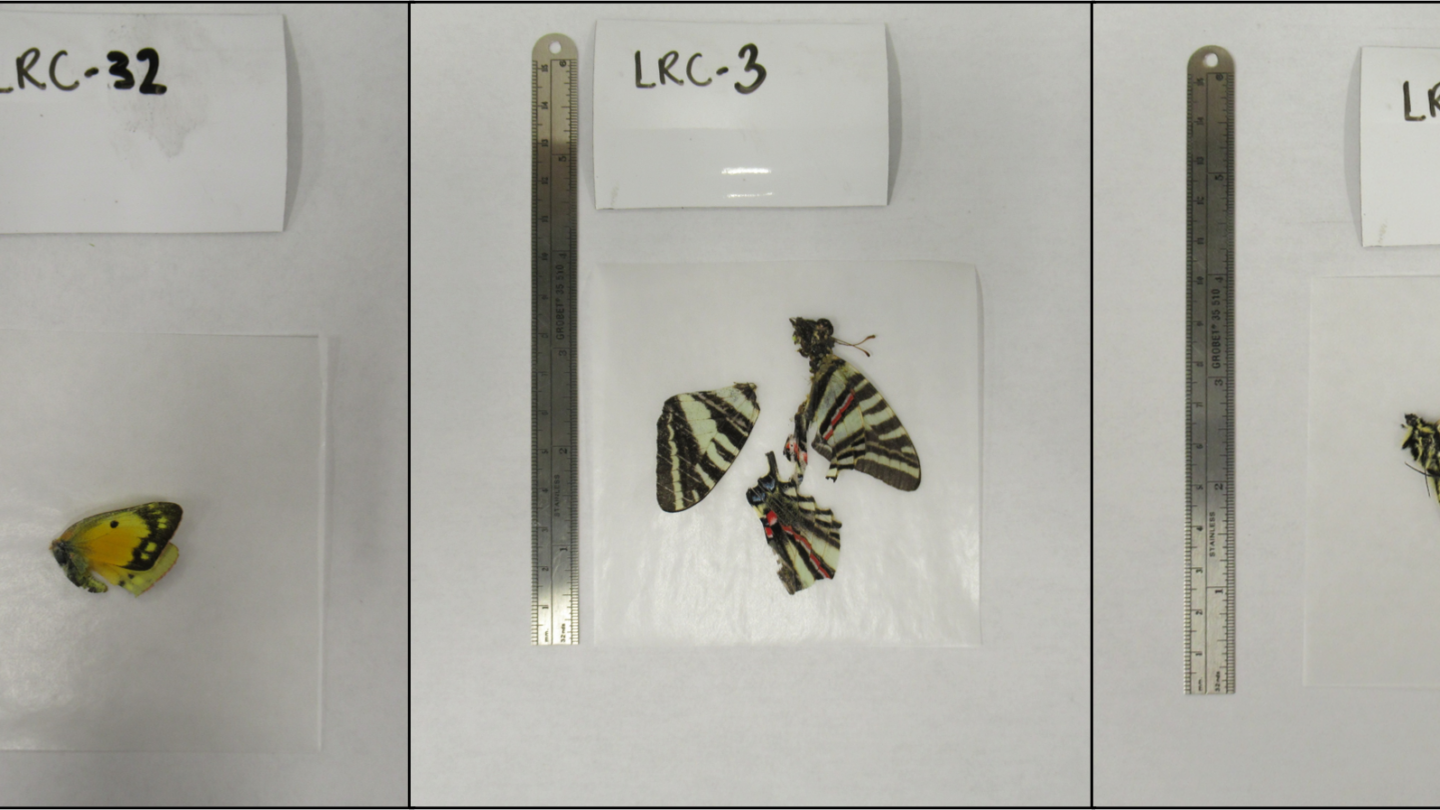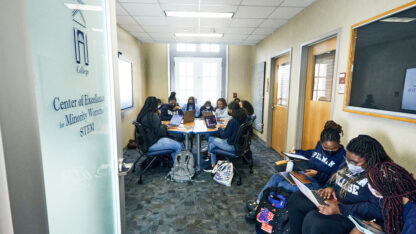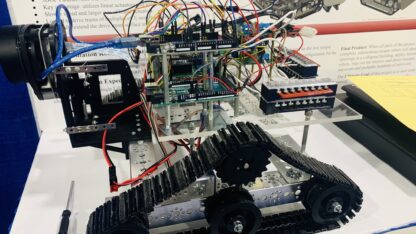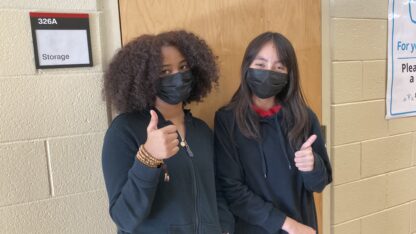Federal scientists are asking Georgians to help them with some research — by collecting and mailing in dead butterflies and moths.
The U.S. Geological Survey is running the community science effort, asking people in a handful of states, including Georgia, to send in dead butterflies or moths that they find.
The goal is to study the insects, to see if things like antibiotics or pesticides are in their bodies, said USGS physical scientist Julie Dietze, who thought up the project.
It comes a time when there’s concern about the health of pollinators and other insects — some of which could be in trouble.
“We’re trying to figure out what environmental factors or chemicals could be contributing to those declines,” Dietze said.
Dietze said the project didn’t have to focus on butterflies and moths specifically, but she figured people would be more willing to help out if that’s what she asked for.
“I don’t think people would be as likely to pick up a grasshopper or a praying mantis,” she said. “Like, if I told my kid to go pick up a praying mantis? They’d be like, ‘Yeah right.’”
The specimens her lab receives get added to the Lepidoptera Research Collection for USGS researchers to use. The collection is also viewable online. This pilot version of the project continues through November, but Dietze said if she gets enough submissions, she hopes to be able to continue it next year.
She said at first, she wasn’t sure anyone would send any specimens in. When she got her first one, she said she cried — after first checking that her coworkers hadn’t submitted it to make her feel better. She had high expectations for that first entry, but when she opened the envelope, she found that it had completely disintegrated.
“I opened it up, and it was the bag of dust,” she said. “And I thought, ‘Okay, well, it doesn’t matter. Because that person thought that this was so cool and important that they packaged it up, paid 66 cents for it, and mailed it off for science.'”
So far, while she’s gotten submissions from other states, as of publication, no one has sent one from Georgia yet.
Instructions for collecting and mailing moths and butterflies are included in the flyer for the project.
If collecting dead insects and sticking them in an envelope is less than appealing, there are a couple of other community science projects concerning pollinators:
- The Southeast Bumblebee Atlas asks people to do a survey of bumblebees. There are some skills required for this one, but training is available. The surveys are catch and release and don’t harm the bees, according to organizers.
- The Great Southeast Pollinator Census, formerly known as the Great Georgia Pollinator Census, has expanded to neighboring states, hence the name change. On Aug. 18 and 19, participants count all the insects they see landing on a flower in a 15-minute time span.









